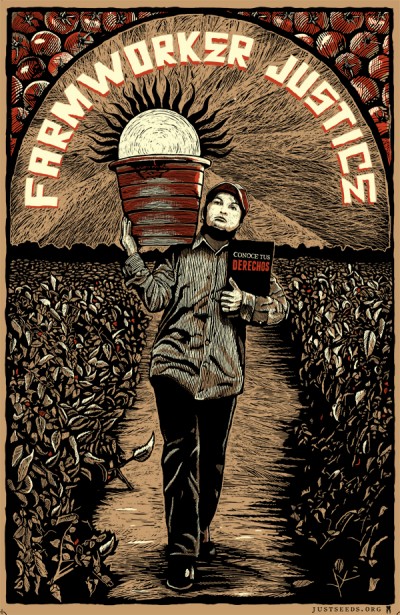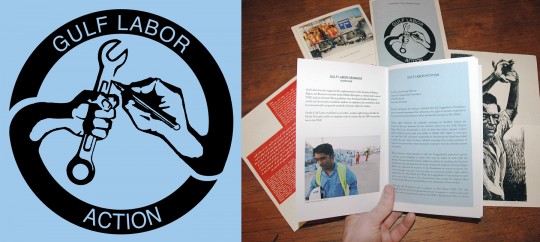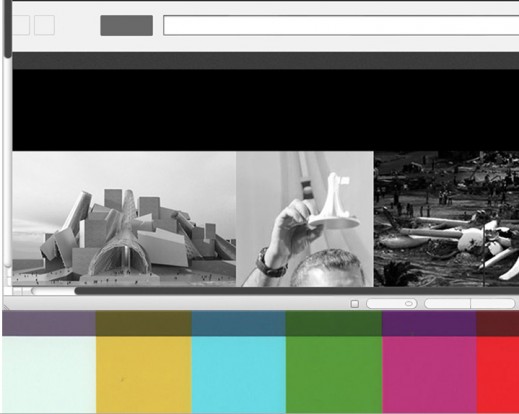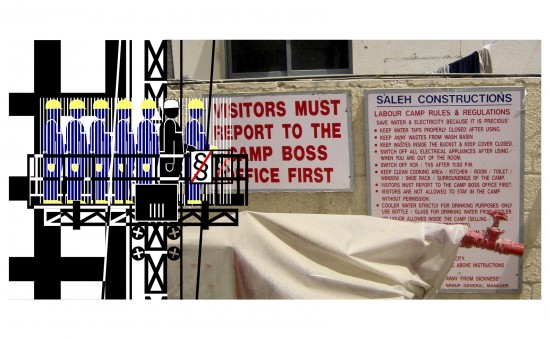Press Release/Response to TDIC
May 17, 2014
On May 7th, TDIC issued a reply to Gulf Labor’s report on our visit (undertaken at TDIC’s invitation) to UAE migrant labor camps. Our report offers extensive coverage of the challenges facing migrant workers in the kafala (sponsorship) system.
We were dismayed by TDIC’s indifferent response to our diligent efforts.
Among the several recommendations made in our report, TDIC mentions only one–the proposal of relocation fees for indebted workers–and in abruptly dismissive terms. In our exchanges with them, as well as in their response to our report, TDIC representatives have repeatedly extended an “open invitation” to collaborators “in finding a … solution to the pressing issue of workers’ recruitment fees.” In that light, their cursory rejection of Gulf Labor seems to be an expression of bad faith, and it recycles familiar arguments that are only meant to place responsibility elsewhere than with TDIC, the Guggenheim, and the UAE. We stand by our proposal, and urge TDIC to offer a purposeful, research-based assessment of its viability.
More notably, TDIC ignored all of our other recommendations. These include:
- The adoption of a Saadiyat Island living wage;
- The formation of workers councils;
- The reporting of contractors’ recruitment practices;
- The establishment of recruitment agencies in countries of origin;
- The amendment of PwC’s monitoring methods;
- And the invitation to the ILO to participate in the process of implementation.
These recommendations have been received by human rights organizations as promising additions to the inventory of solutions currently favored by migrant labor advocates. We call on TDIC to take them seriously, and look forward to a substantive response (and not another press release) that illustrates a genuine commitment on TDIC’s part to bettering the conditions and lives of migrant workers in the UAE.
As part of our report, we promised to forward a list of organizations in source countries that could participate in joint research on remedies for relieving migrant workers of their heavy debt burdens.
These include the following:
a) India:
b) Pakistan:
c) Nepal:
d) Bangladesh:
e) United Kingdom:
We urge TDIC to move forward with this common research program by establishing contacts with them, and with other relevant units. Qatar’s recently announced abolition of its kafala system is an illustration of the solid progress that can be made when state authorities work together with international labor advocates.
As before, Gulf Labor is ready to cooperate with the Guggenheim, TDIC, and NYUAD on further researching and implementing our recommendations.
Gulf Labor Coalition





